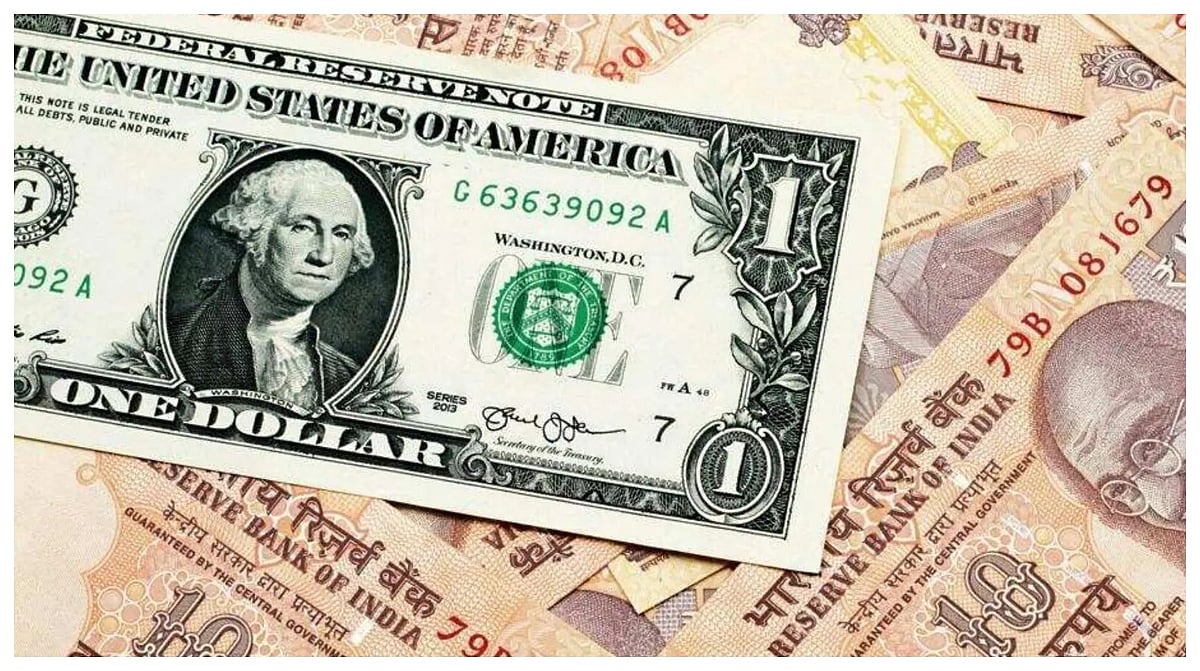Even as India reels under the devastating impact of COVID-19, it is gearing up to participate in the Conference of the Parties, better known as COP26, the annual UN climate change conference, to be held in November this year, in Glasgow, UK. Considering that India is the world's third-largest carbon emitter, the Indian industry support will be vital to facilitate the country to expedite its Nationally Determined Contributions (NDC) -- each country's plan for action-- from 2°C to 1.5°C.
One thing common between COVID-19 and climate change is that it affects everybody, and only collective action will yield effective results.
Aware of this threat, in 2015, the United Nations Framework Convention on Climate Change (UNFCC) summit, held in Paris, subsequently adopted the Paris Agreement in 2016, a new global accord on tackling climate change. It aims to encourage countries to take action, keep global temperature rise well below 2 degrees Celsius above pre-industrial levels, and limit the temperature increase to 1.5 degrees Celsius, which would substantially reduce the effects of climate change. India is one of the signatories of the Paris Agreement.
Presently, international attention is fixed on India. One of the fastest-growing economies, the efforts of Indian companies along with the Government is critical to putting India on the road to a decarbonization plan. Energy, transport, and industrial efficiency are critical sectors to drive deep decarbonization in India. Preceding COP26, India's road to the UK Summit is crucial for Indian businesses to express their commitment and purpose to drive climate action on clean energy, industry, and transport systems.
Meanwhile, recent blazing forest fires through western US and Siberia, the deluge in Central and parts of Western Europe, the deadly heatwave in the US and Canada, with temperatures soaring above 49.6 degrees Celsius, have shocked scientists. Moreover, these events are also Nature's warning to adopt climate action.
Importantly, world leaders have realized that extreme weather of this kind will become more severe and frequent in a warming world. Amid such unprecedented devastations, the G20 ministerial meeting on environment, climate and energy was held this month in Naples, Italy. The meeting focussed on biodiversity and protection of oceans, promoting circular economies, particularly in the fashion and textile sectors, and realigning the financial system to promote sustainable development.
Additionally, the US has urged China to join America in cutting greenhouse gas emissions on the lines of the international alliance that rebuilt Europe after World War II. Overall, India is, on many fronts, already at the forefront in terms of targets and its policies and programs.
The Indian stakeholders are focusing efforts on climate change, the biggest modern-day challenge that humanity faces. The country is pursuing renewable energy to restore green cover and reduce carbon emissions. In consonance, Indian businesses are undertaking significant voluntary action on climate change.
The Indian Government's initiatives on renewables, disaster-resilient infrastructure, adaptation, electrical buses, metro expansion, reduction of emission intensity and increasing tree cover prove significant progress has been made on climate action and clean energy transition.
Notably, 2020 will go down in history as a landmark year for Indian corporate climate action. For the first time, four leading Indian companies were included in CDP (formerly the Carbon Disclosure Project) A-List; it is laudable that India Inc. has started reorienting their business practices and adopting more climate-friendly ways to run their operations.
In line with the Government's actions, the Indian businesses have emphasized effective and wise management of energy, water, and waste, as they (companies) strive to make sustainability a way of life. There is reduced water consumption by corporates through water harvesting and water-saving technologies, employing clean energy, recycling waste, utilizing alternatives for high carbon content, and limiting the use of plastic.
Moreover, reportedly, as many as 57 Indian companies are working with the Science-Based Targets Initiative to reduce their emissions, keeping with climate science. Many others have set renewable energy and energy efficiency targets.
In its quest to become a $10 trillion economy by 2030, inevitably, India will further build the next generation of infrastructure in the coming decade; a focus on green and resilient infrastructure will minimize the consequences of natural disasters for lives and livelihoods.
The newest catchword for climate change issues, 'net-zero', refers to the equilibrium between the amount of greenhouse gas produced and the amount removed from the atmosphere. While Indian industries contribute to emissions, making sustainability targets more aggressive would involve a drastic change in policies to measure and curb carbon footprints systematically over time. Moving toward a sustainable economy is vital toward attaining the Paris Agreement's 1.5°C global warming target, with many countries now committing to reach the net-zero goals by 2050.
We recognize that driven by its rapidly growing economy, further growth ambitions, and increasing climatic risks for its major sectors, the country would have to commit itself to a long-term sustainability goal. Several G20 countries have announced their intention to turn net-zero by 2050/2060. For India, committing to such a target depends very heavily on externalities and would require an overhaul of the way of business and significant fiscal support. Most importantly, developing nations such as India would need the developed countries to deliver on their unfulfilled promises. The former would need easy access to technology and fiscal support to tackle the effects of climate change.
Despite the challenges, according to a third biennial report submitted to UNFCC in February this year, India stated that between 2005 and 2016, its emission intensity of gross domestic product decreased by 24 per cent. It demonstrates that India has already met the target of reducing the emission intensity much earlier than the target year of 2020.
Going forward, we would have to focus on how businesses can further help the Government achieve aggressive environmental targets. A public-private collaboration would be essential to ensure that not just the large players but the MSMEs, who form the majority of the Indian industry, can adapt to sustainable business practices.
As we focus on an economic growth path, sustainability would have to be factored in to ensure that the Indian industry is globally competitive. It might not be easy, but it would be imperative for all!
(Deepak Sood is Secretary-General, ASSOCHAM)










